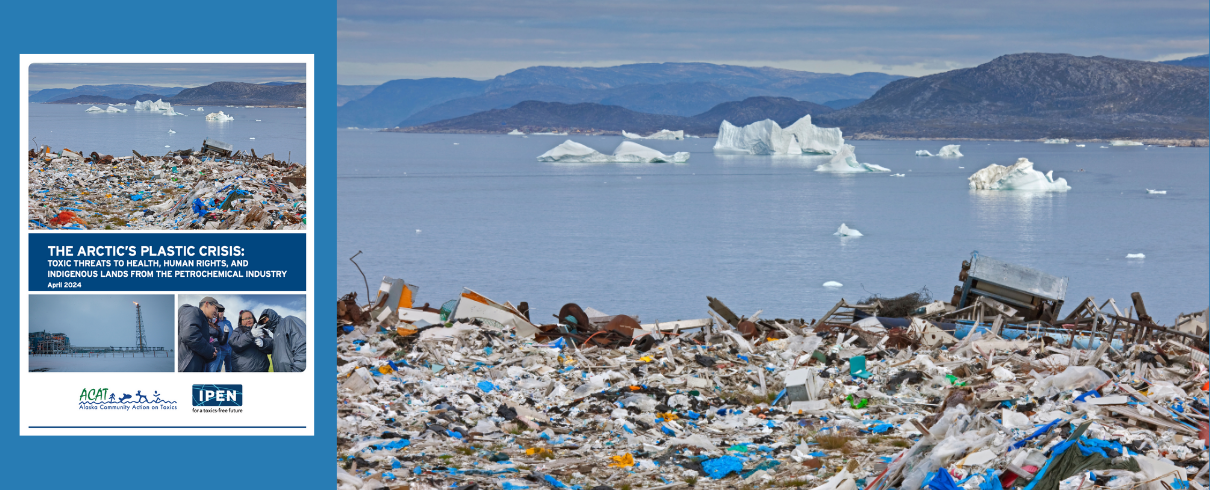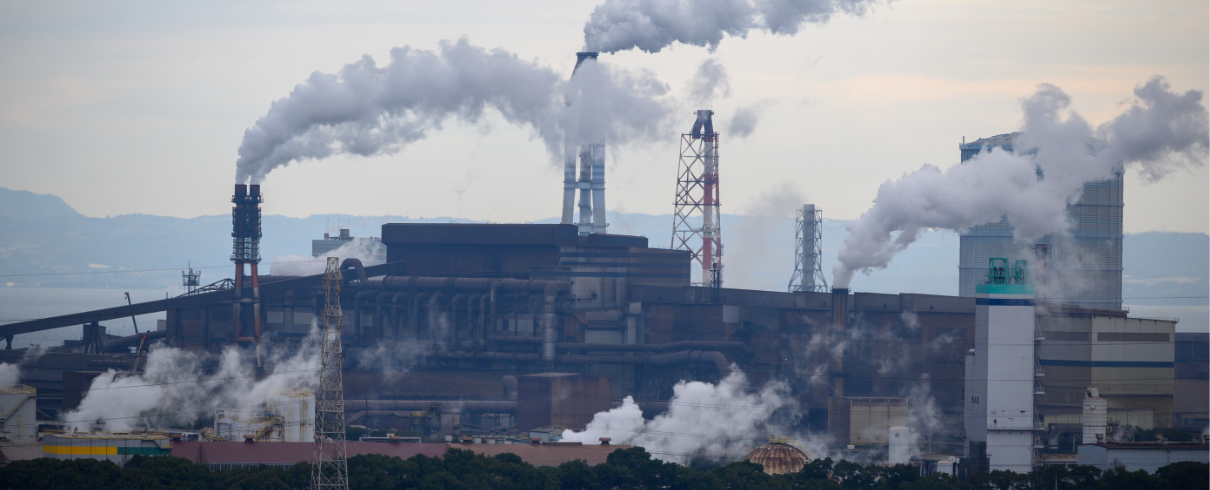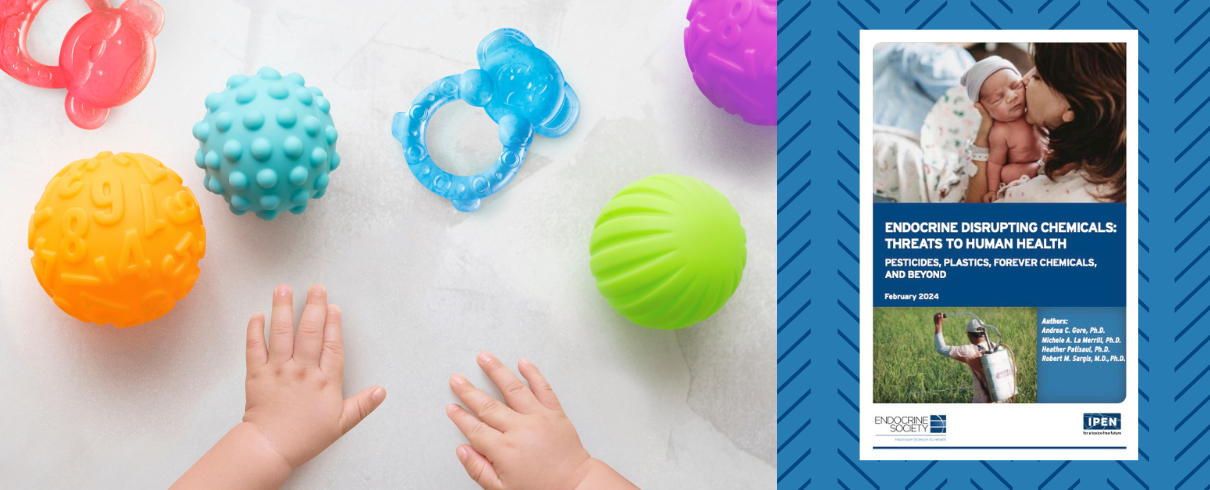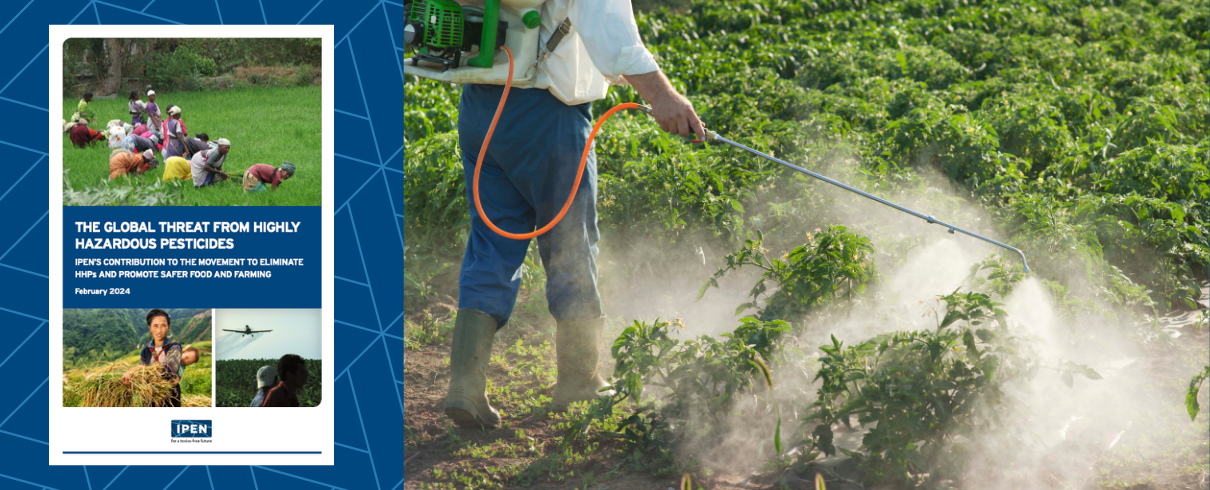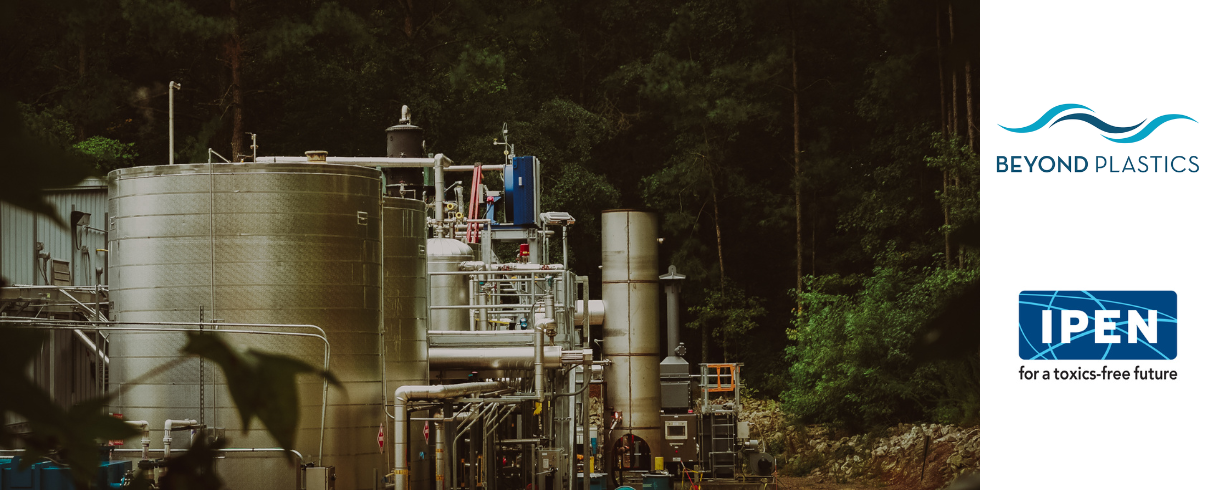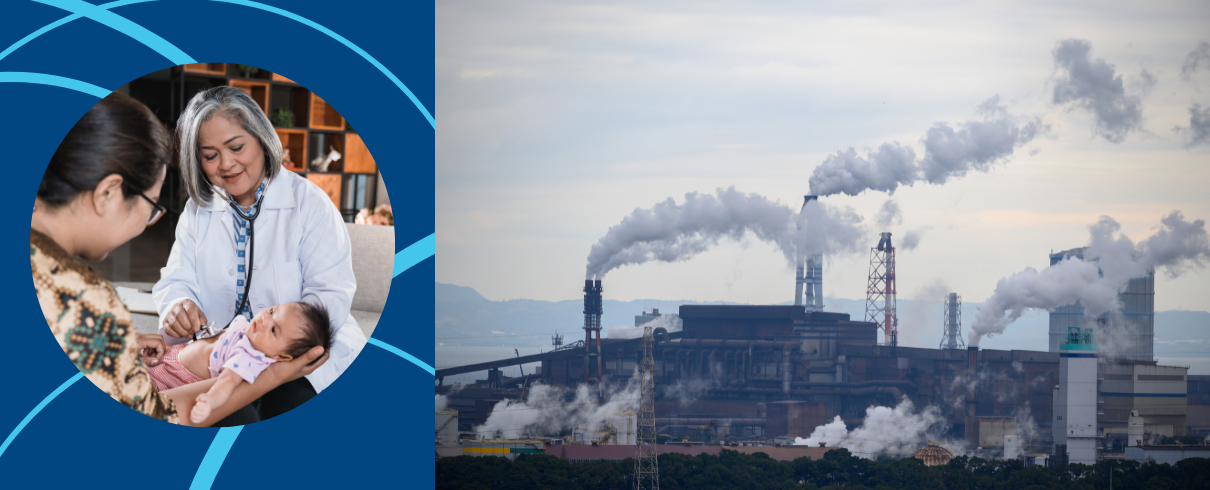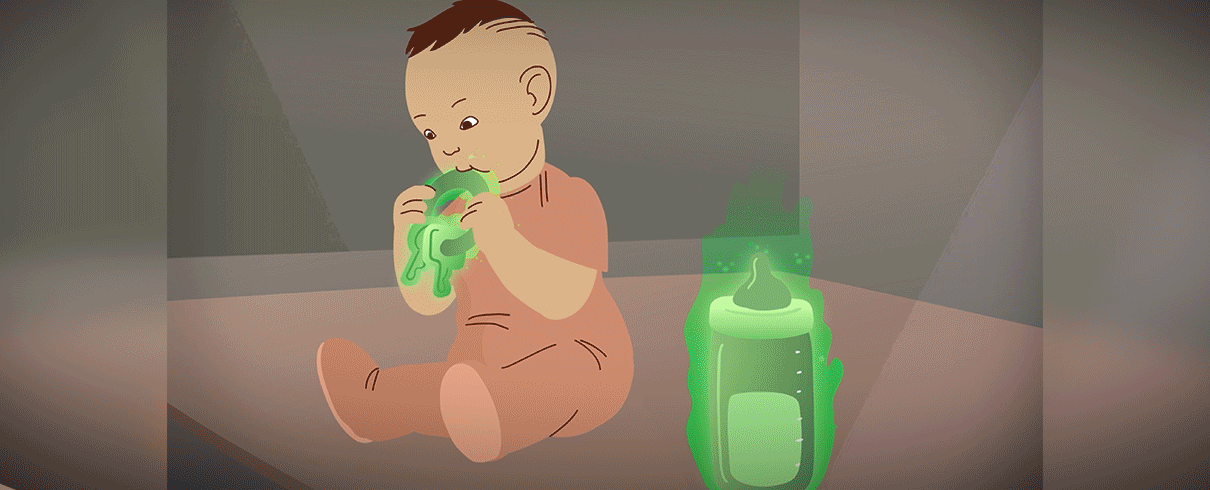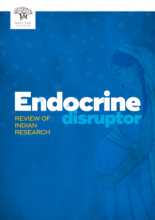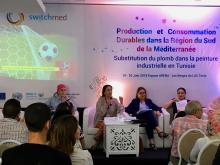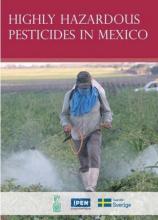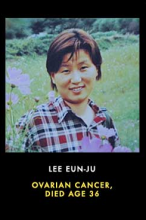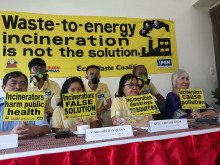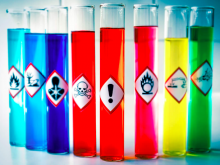ELAC – ECOWASTE COALITION – IPEN PRESS RELEASE
5 June 2018, Puerto Princesa City, Philippines
Incineration is not the solution.
At a press conference coinciding with the observance of the World Environment Day, environmental advocates from Australia, Indonesia and the Philippines made a strong case against waste-to-energy (WtE) incineration touted as a solution to the garbage crisis.
Organized by the Environmental Legal Assistance Center (ELAC), EcoWaste Coalition and IPEN*, the press event shed light on the pitfalls of incinerating discards from an environmental, health and socio-economic standpoint.
“This event is being held against a backdrop of increasing concern over the plan of the Puerto Princesa City government to put up a P2.1 billion WtE gasification plan that will burn the city’s discards estimated at 100 metric tons per day,” said Atty. Gerthie Mayo-Anda, Executive Director, ELAC. “We hope the city government will hear us out, rethink its plan and opt for holistic waste prevention and reduction strategies to cut the volume of discards requiring final disposal.”
